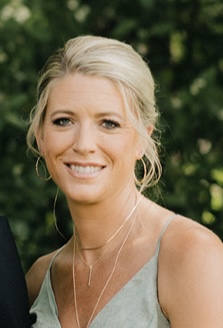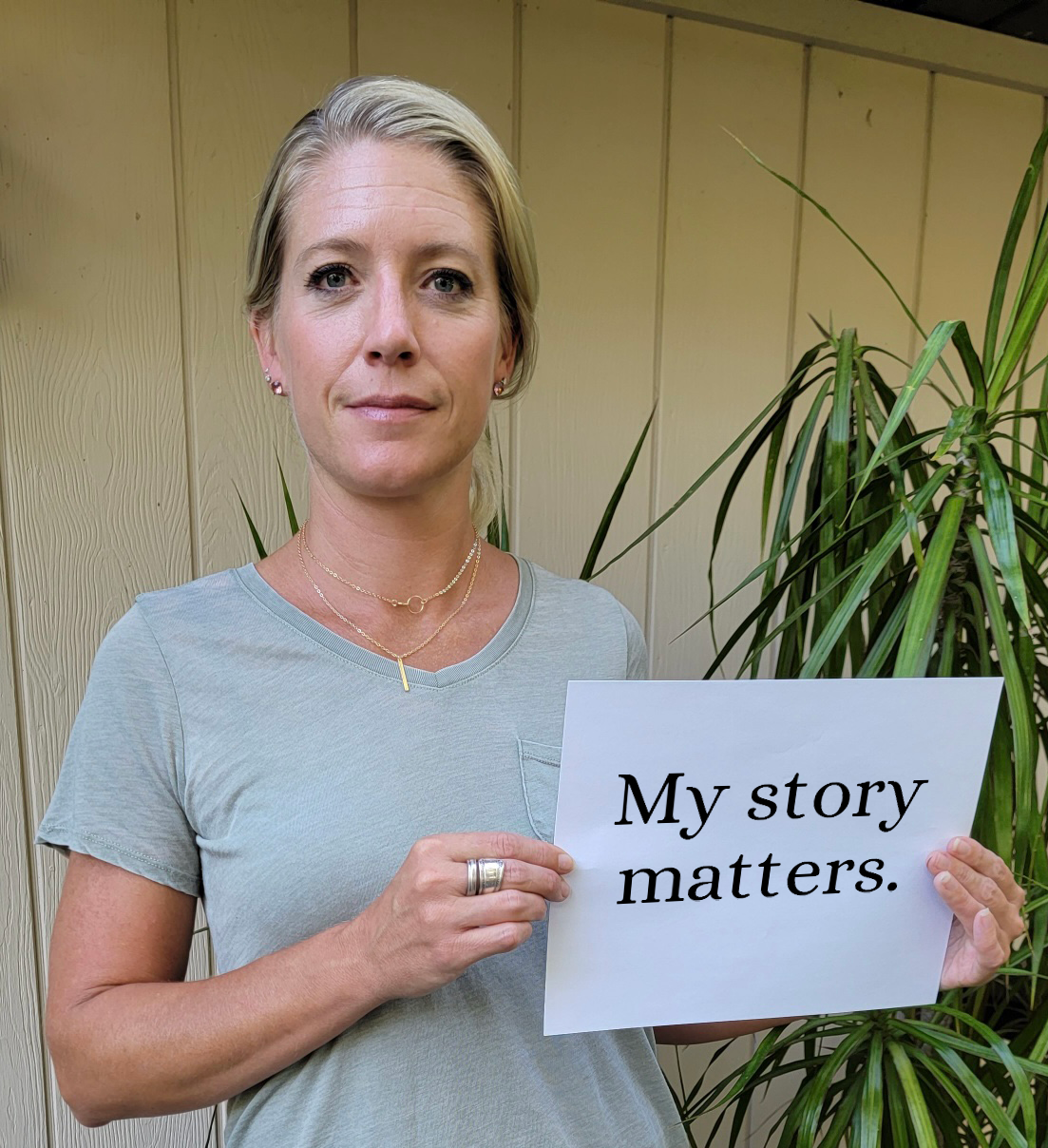

Sara is a former high school social studies teacher and K-12 reading specialist. Her ten plus years of teaching were predominantly working with, and most importantly, forming relationships with, at-risk high school students in an alternative high school setting. This is where she first began to see how important it is to redefine how we all look and approach education because it was very evident that the traditional environment and mindset were not meeting the needs of so many students. This experience fueled her passion to drive change in how we approach education and led to her role as the first Equity Services Coordinator for a local school district. This career path brought the larger social justice work into clarity and became an integral lens through which she views the educational system as well as societies norms, practices, and systems of power. Sara is driven by the need to take meaningful action in order to help everyone do better for the benefit of uniting society. Sara holds a B.S. in Political Science with a minor in Spanish from the University of Wisconsin – Eau Claire, a Broadfield Social Studies license and a minor in History from University of Wisconsin – Stevens Point, a 316 Reading License at the master’s level from the University of Wisconsin – Stout, and a master’s in Educational Administration from University of Wisconsin – Superior. She is also a single mother to two wonderful children in high school who are growing up way too quickly!
I am a survivor of domestic abuse and I do not say that lightly. A few years ago, referring to myself as a survivor would have felt presumptuous or undeserved. However, with the beauty of time, lots of reflection, healing, and growth, I know this to be true and it is the reason why I feel that education and society must start addressing the need to teach what healthy relationships look like and feel like and what they do not. The cycle of abusive relationships is similar to the cycle of poverty or patterns of history – if you do not know better, you may be doomed to repeat it. In general, abuse centers talk about whether you were hit or physically harmed, which misses the underlying issues that can often be more damaging. Verbal and emotional abuse are real and create so much trauma and self-doubt. One of the most damaging problems regarding emotional and verbal abuse is that it is often harder to recognize and believe because there aren’t any physical bruises to show for it. The constant invalidations, dismissals, gaslighting, and controlling behaviors I experienced caused me to question my own sanity and self-worth, to feel trapped, and as though I were a burden to others. I was wracked with insecurity and lived life walking on eggshells. Without the ability to establish healthy boundaries, I became isolated, anxious, and depressed because no one could get in and I didn’t feel like I could get out. The worst thing about it was that few people around me believed how badly I was being treated and some still do not. However, with time and support from family and close friends, I did get out and can now clearly see that what I went through was most certainly manipulation, control, and abuse. I have used my experiences to help others to recognize unhealthy behaviors and to emphasize the need to expect respect, especially with students and my own children. Although most of my adult life has been a struggle to raise two beautiful children who are still in the grips of abuse, I continue to point out abusive and controlling behaviors and then how to establish boundaries and expectations on how they should be treated in the hopes that they will not repeat the cycle. Nobody is a burden. My story matters – and so does yours.

